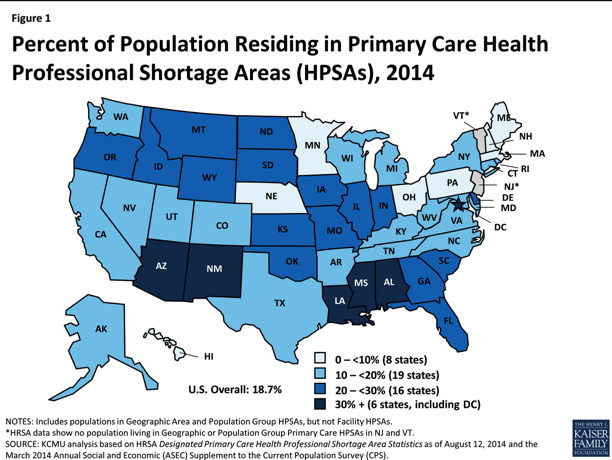APRNs improving patient outcomes | Ensure, Enable, Improve those in need

Mental Health update | APRNs provide positive outcomes for patients in a timely, accurate, effective manner.
- Fact #1: Despite a predicted shortage of primary-care providers, some states do not allow nurse practitioners to practice to the full extent of their training.
- Fact #2: Full practice nurse practitioners linked to improved health outcomes.
States that allowed nurse practitioners to practice independently saw state-wide improvements in the quality of health care, results of a study published in Nursing Outlook suggest.
From this study:
It is predicted that the health-care industry will fall short of primary-care providers by 45,000 in 2020. Despite this shortage, many states do not allow nurse practitioners (NPs) to practice to the full extent of their training, noted Gina M. Oliver, PhD, FNP-BC, CNE, of the University of Missouri in Columbia, Miss., and colleagues.
Why this issue still exists? Not every state has been able to educate beyond the cognitive dissonance to get past the fact that APRNs have the right stuff (education, training, I care attitude, etc.) to help patients get the treatment care that they need, plus the shortage of prescribers in rural areas. We are making progress, and there is much to do.
“APRNs have graduate-level educations; when you get APRNs into nursing homes, they help improve the overall quality of care because they have advanced knowledge of the best evidence-based practice,” said Marilyn Rantz, Curators' Professor and Helen E. Nahm Chair in the University of Missouri Sinclair School of Nursing in a university press release.

To identify a relationship between the level of advance practice registered nurses (APRNs) practice allowed and results of health outcomes for Medicare or Medicare-Medicaid beneficiaries, the investigators data from previous studies and compared results with state health outcome rankings. Health outcomes measured included potentially avoidable hospitalizations, readmission rates after inpatient rehabilitation, and nursing home resident hospitalizations.
States that allow NPs to practice independently had lower hospitalization rates in all examined groups and improved health outcomes in their communities, reported the study authors.
“Obstacles to full scope of APRN practice have the potential to negatively impact our nation's health. Action should be taken to remove barriers to APRN practice,” concluded the researchers.
Supporting prescribing APRNs is a good business decision, and it helps people in need get timely, accurate medical care to improve their lives, thus improve their ability to be productive in society. Everyone wins.


